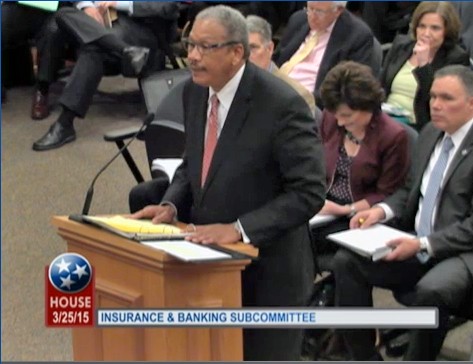The Oblivians traveled to Australia earlier this month for the first time since forming more than two decades ago. While the band has played in Europe and Japan, Australia seemed out of reach until a couple of years ago when the band’s booking agent starting laying the groundwork for American bands to make the trip down under. After he caught up on some much needed rest, we talked to Eric Friedl of the Oblivians to find out more about their latest trip, the bands they played with, and trying to find time to relax while on a grueling tour.
Flyer: You guys have strong fan bases in Europe and Australia, but how did the trip and tour get set up?
Eric Friedl: A lot of the guys from the Onyas had been bugging us about coming to Australia, but it just never really seemed possible. You never really know what you’re getting into when you travel that far from home, but our booking agent has been over there a few times and she seems to have set up a home base for some of her bands. We have a lot of friends in Australia, and it was kind of a Goner Fest reunion in a lot of ways. Seeing everyone who’s traveled all that way to the USA to watch us play really hammered home how far people travel to come to Goner Fest.
I know the Oblivians played Japan a couple of times, but was this everyone’s first time in Australia?
Yep. A long time ago we were looking at going to Australia, but we had better connections in Japan with Guitar Wolf at the time, so it made sense for us to go play over there. We thought we could swing by Australia on the way to Japan but those countries seem a lot closer when you’re just looking at a map.
What was the travel situation like? How did you all feel when you finally got there?
I think it takes like 16 hours to get to Sydney and the trip takes a bunch out of you. We slept most of the way, which was good since we didn’t get much sleep for the rest of the tour. I’m looking forward to some severe jet lag in the next couple of days because it takes a while for your body to realize it’s doing something completely different. We were all pretty exhausted by the end of the tour, not just from the shows but more from the jet lag.
You guys got to play with some really great Australian bands, some of which your music has influenced. Which show was your favorite?
We gave our booking agent a list of bands we wanted to play with ahead of time, so that helped. We figured if we were going to travel all the way there we might as well play with some of our favorite Australian bands. Everybody was great; we didn’t see a bad band the whole time. We got to play with Feedtime twice, which was incredible, the Ausmuteants and Low Life were also great.
The first Feedtime set we saw was just completely unbeatable, so mean and so nasty, and they were following Low Life, who are also really good. Feedtime just leveled the place. It was like the apocalypse. We knew we weren’t going to come close to following their performance, so it made it pretty easy to get up there and play.
How were the music scenes in Australia different from what you’ve experienced playing shows in Europe and the US?
It was a lot different. Sydney had a younger, more aggressive crowd, and Melbourne was mostly an older reserved crowd, but they were also older people who are into really good stuff. It was awesome to get to play the Golden Plains festival. So many festivals suck to play, but this was one was amazingly cool. The number one rule of the festival was don’t be a dickhead, which was kind of weird because most of the time that’s what festivals are for. There were about 6,000 people at Golden Plains festival just hanging out, and it was probably one of the biggest shows we’ve ever played.
Did you have time to be a tourist or were you too busy playing shows?
We got to the beach twice, but we didn’t have time to do much, no surfing or anything like that. We had radio shows, solo shows, and then two shows a day for about half the dates. All the travel time also kept us pretty busy. We got up to see Mikey Young from Eddy Current Suppression Ring; he lives a couple hours north of Melbourne. We saw some kangaroos hanging out in the park and that was pretty cool.
As a record store owner and collector, how big of a priority was trying to go shopping for vinyl?
I only got to a couple of shops but Greg [Cartwright] got to a lot more. Besides some foreign pressings, I didn’t really buy anything, but Greg can dig up records anywhere.
What other kinds of culture shock did you experience?
We did notice that there are like 10 million kinds of chicken parmesan in Australia, and everyone is very conscious of free range everything there. They serve you portions that are basically twice American size, but other than that it was pretty standard. We didn’t eat kangaroo or anything too wild.
What do the Oblivians have going on for the rest of the year? Are you going to tackle any other new places?
We are doing a run up through Chicago and Cleveland at the end of May – that’s our next little jaunt.
 Alexandra Pusateri
Alexandra Pusateri 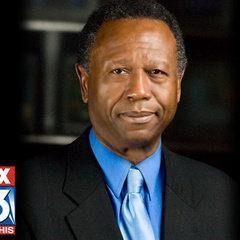
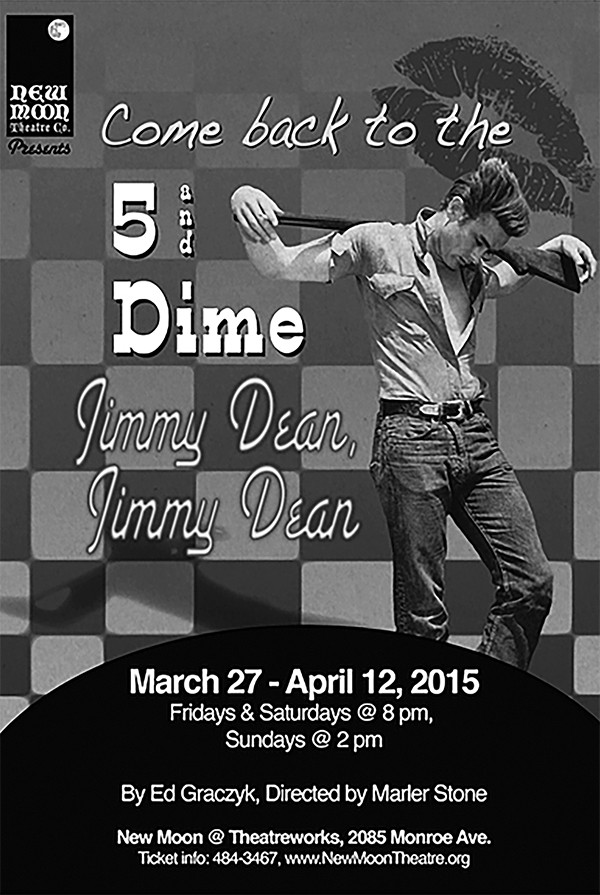
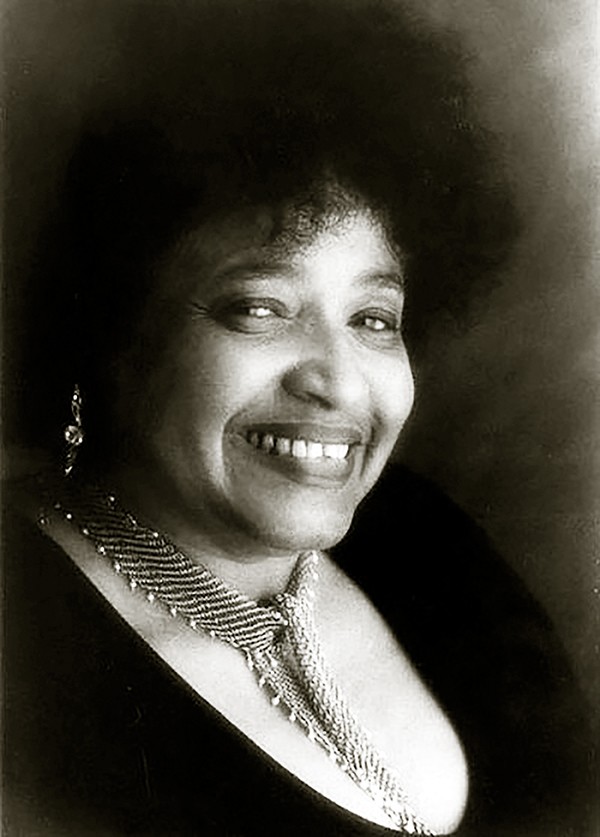
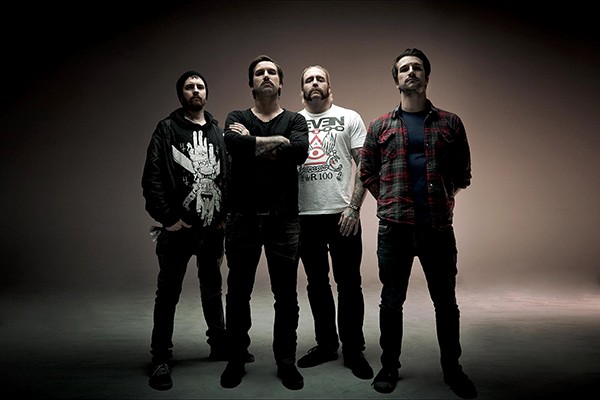
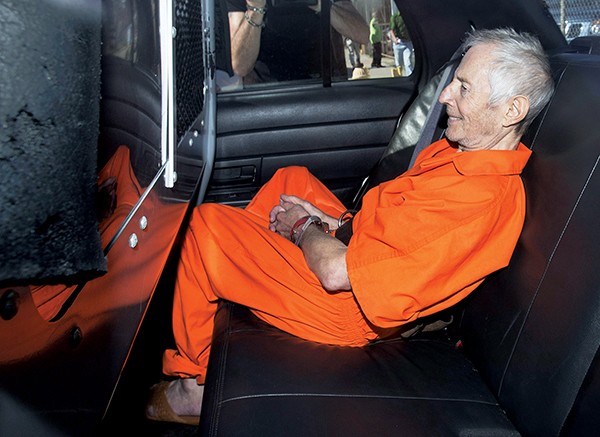 Reuters | Lee Celano
Reuters | Lee Celano 